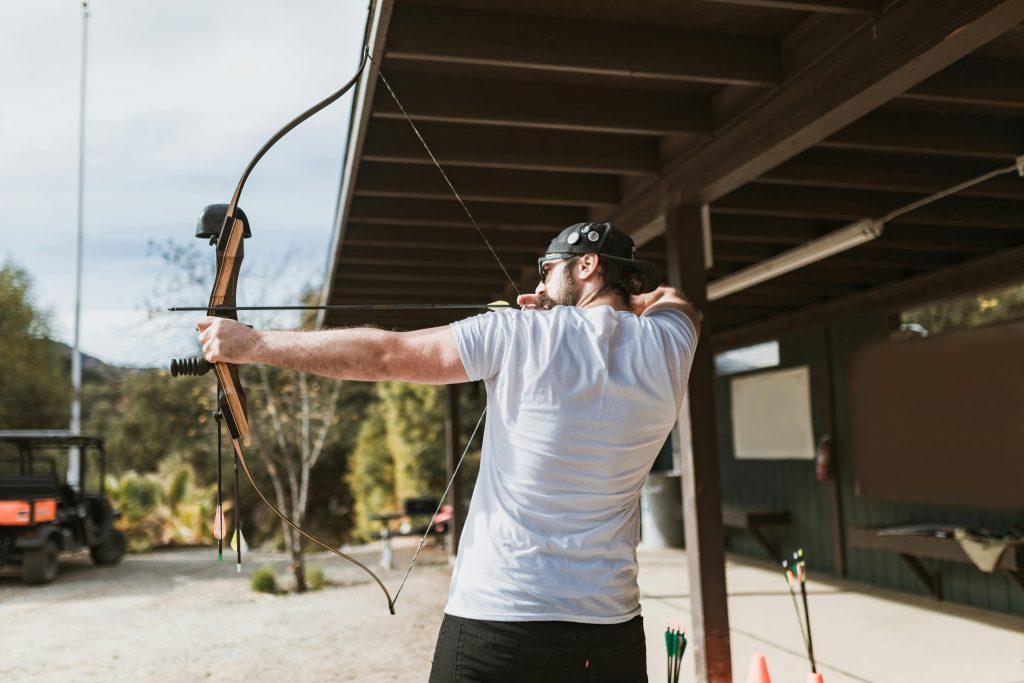 This case examines the requirements for proving merchant liability in slip and fall cases, emphasizing the importance of evidence and the burden of proof.
This case examines the requirements for proving merchant liability in slip and fall cases, emphasizing the importance of evidence and the burden of proof.
Case Background
Lamarr Pierite sued Dollar General, alleging he slipped and fell in a liquid substance at their store, causing injuries. After a trial, the court found Dollar General liable and awarded Mr. Pierite $30,000 in general damages plus other costs. Dollar General appealed the judgment.
 Louisiana Personal Injury Lawyer Blog
Louisiana Personal Injury Lawyer Blog


 This
This  The
The  The following case explores the concept of “permissive use” in the context of uninsured/underinsured motorist (UM) insurance coverage. Specifically, it examines whether a son, given a company truck for work and personal use, had the authority to grant his father permission to drive the vehicle, thereby extending UM coverage to the father under the company’s policy.
The following case explores the concept of “permissive use” in the context of uninsured/underinsured motorist (UM) insurance coverage. Specifically, it examines whether a son, given a company truck for work and personal use, had the authority to grant his father permission to drive the vehicle, thereby extending UM coverage to the father under the company’s policy. A celebratory night out turned into a nightmare for Reuben Ellis when he was shot in a parking lot after attending a friend’s wedding reception at Bella Noche nightclub. Ellis’s quest for justice led him to sue not only the nightclub but also the property owner, Plaza Holdings, LLC. This legal battle highlights the complexities of premises liability and the extent to which property owners are responsible for the safety of their tenants’ patrons.
A celebratory night out turned into a nightmare for Reuben Ellis when he was shot in a parking lot after attending a friend’s wedding reception at Bella Noche nightclub. Ellis’s quest for justice led him to sue not only the nightclub but also the property owner, Plaza Holdings, LLC. This legal battle highlights the complexities of premises liability and the extent to which property owners are responsible for the safety of their tenants’ patrons. Emergency responders have a critical job, often requiring them to speed and navigate through traffic to reach those in need. But what happens when those actions result in an accident? Who’s at fault when an officer responding to an emergency collides with another vehicle? A recent
Emergency responders have a critical job, often requiring them to speed and navigate through traffic to reach those in need. But what happens when those actions result in an accident? Who’s at fault when an officer responding to an emergency collides with another vehicle? A recent  In today’s fiercely competitive business environment, safeguarding trade secrets and confidential information has never been more crucial. A recent legal clash between Brand Services, an industrial scaffolding company, and Irex Corporation, a competitor, illustrates the challenges of protecting intellectual property in the digital age. This blog post examines the dispute, the key legal arguments presented, and the court’s ruling on the
In today’s fiercely competitive business environment, safeguarding trade secrets and confidential information has never been more crucial. A recent legal clash between Brand Services, an industrial scaffolding company, and Irex Corporation, a competitor, illustrates the challenges of protecting intellectual property in the digital age. This blog post examines the dispute, the key legal arguments presented, and the court’s ruling on the In a heart-wrenching incident, Dr. Alan Sandifer, an avid bow hunter, tragically lost his life in a freak accident involving his Hoyt compound bow. The Sandifer family’s quest for answers led them to the courtroom, seeking justice through a lawsuit against the bow’s manufacturer,
In a heart-wrenching incident, Dr. Alan Sandifer, an avid bow hunter, tragically lost his life in a freak accident involving his Hoyt compound bow. The Sandifer family’s quest for answers led them to the courtroom, seeking justice through a lawsuit against the bow’s manufacturer,  In a recent decision, the
In a recent decision, the  In a recent decision, the
In a recent decision, the